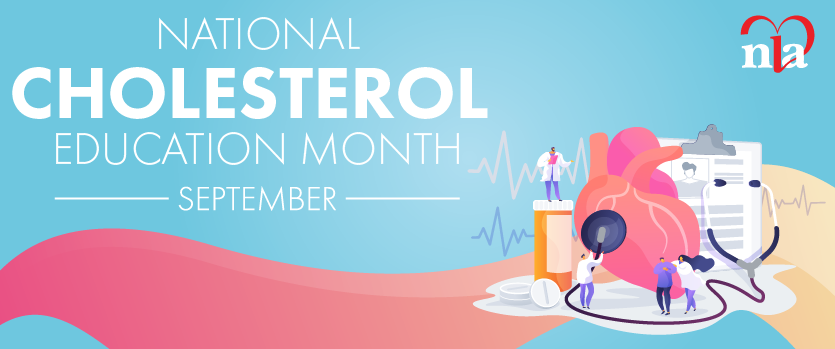Q: Why do you support DE&I for NLA?
A: I feel very passionately about equal opportunities for inclusion. Having a diverse workforce will not only increase the talent pool in healthcare, it will improve healthcare culture, improve both provider and patient satisfaction and provide better patient centered care. I am dedicated to equity in access, promotion, leadership, research funding, publications and pay for all physicians, residents, and healthcare providers.
Q: Do you have a story of being a victim or witness to gender, racial, or sexual harassment?
A: Being a female in a highly male-dominated subspecialty has given me first-hand experience in situations where diversity is lacking and with inequities in pay, promotion, and leadership opportunities. I have experienced intentional and implicit bias from colleagues and superiors, and I attribute much of that bias to a lack of awareness, education, and training for those individuals. I was paid less as a female cardiologist than my male partners for many years despite having more clinic patients and working equal numbers of hours. I was bullied by the managing partner when I complained. I had no paid maternity leave and was expected to return to work in four weeks post-partum.
Q: How do you think DE&I improves patient care?
A: In 1998, I was keenly aware that women were undertreated for heart disease and cardiovascular risk factors. So much of this was due to physician and cultural bias. I felt the need and subsequently developed the first women’s heart center in Georgia in 1998. I later joined Emory University as the clinical director of the Emory Women’s Heart Center to improve sex-specific care for women in our region. We started the Emory Women’s Heart Center 10,000 Women Project in 2016 to improve awareness and outcomes for African American women with hypertension and cardiovascular risks in Atlanta. I was awarded the Foundation of the NLA Donald B. Hunninghake, MD Familial Hypercholesterolemia Award for our abstract on this project. This tremendous project underscores commitment to changing health care disparities in cardiovascular disease for high risk women and achieving gender equity in health care.
Q: What would you like for NLA to do to be more diverse, inclusive, and equitable?
A: Many areas of medicine have very limited diversity, and few women or people of color are currently rising to full professor or department chair. There are also inequities for nurses, APPs, pharmacists, nutritionist and other healthcare professionals. The NLA needs to commit to no all-male panels, increased diversity in our scientific session speakers, increased diversity in our scientific statements and in our leadership roles. The NLA needs to be a shining example of diversity, equity and inclusion in a medical society and I applaud the formation of this critically important task force.
Q: How can we individually be more of an advocate for DE&I within the NLA?
A: Members of NLA should feel included in our regional meetings, our topics and speakers at the meetings and the membership make up. I would encourage everyone to consider their own story and volunteer to be the Diversity Spotlight in an upcoming issue. And remember to invite your peers and coworkers to join NLA, let them know our commitment to diversity and our goal of inclusion. Invite a wide array of Black, White, Hispanic, Asian, multicultural, ethnically diverse, young, old, male, female, physician, scientist, researcher, pharmacist, dietician, social worker, administrator, and clinicians of all fields to join NLA so our future membership better reflects the diversity in our communities and the patients we serve.





.jpg)
.png)











